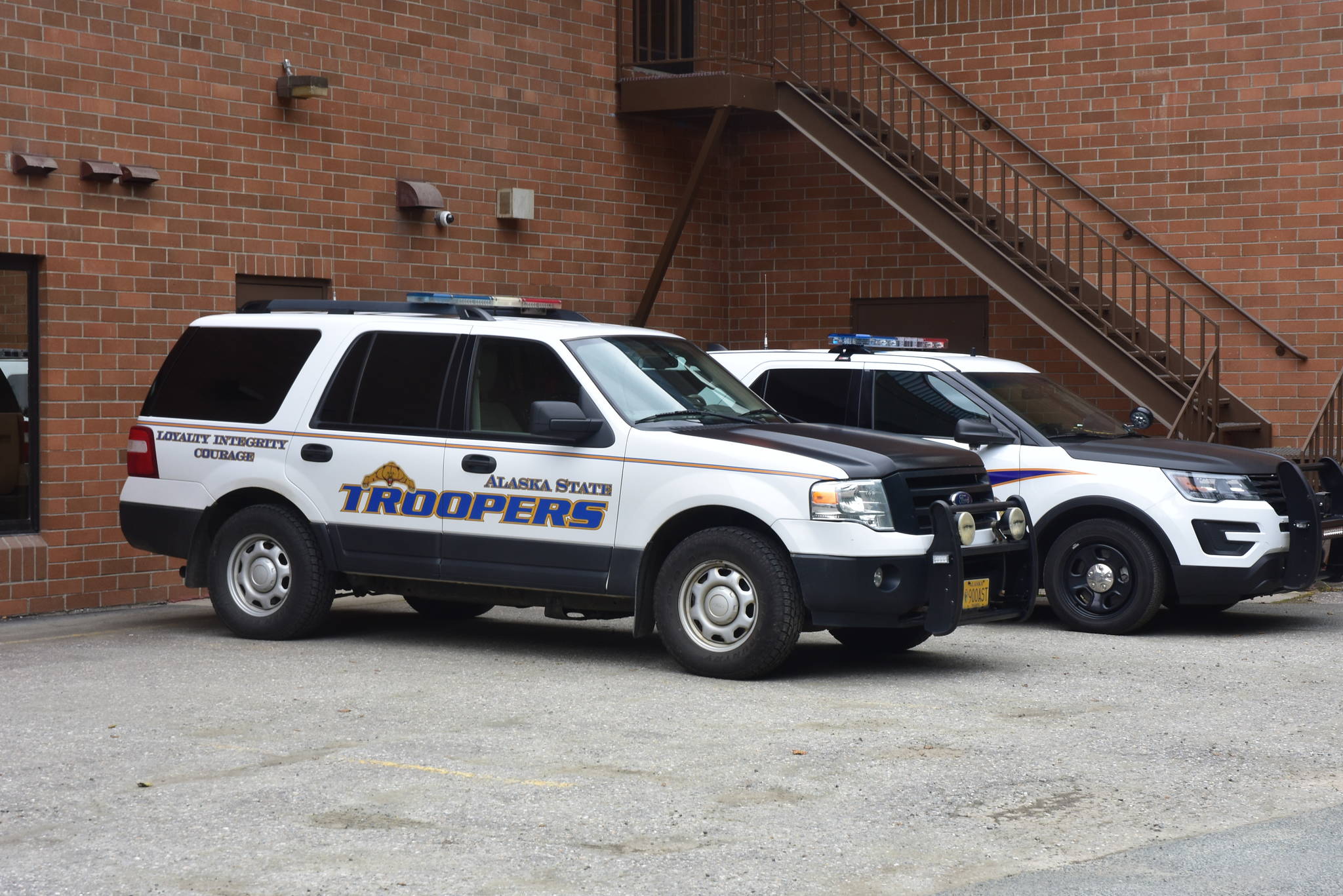The Alaska Department of Public Safety condemned the actions of Google as “deplorable” after the company canceled a “pay-per-click” recruitment ad for the Alaska State Troopers as it was considered to be political or a potential election advertisement.
The advertisement was not completely removed from YouTube, the department said Thursday in a news release, but the department was unable to pay for further distribution of the ad in which Dunleavy expresses support for law enforcement. A pay-per-click advertisement is an ad in which advertisers pay every time someone clicks on the ad.
“This statement is not political,” said Gov. Mike Dunleavy in the release. “It is an encouragement to law enforcement officers across the United States to consider serving Americans in Alaska that value public safety and a call for more Alaska State Troopers so we can continue to combat the high rates of domestic violence, sexual assaults and other criminal acts that threaten a peaceful way of life.”
Google said that they won’t run this because it’s too political. Really? Recruiting police officers is to political! Yikes! I support our police 100%, like most Alaskans do. pic.twitter.com/vkd66RRnqK
— Governor Mike Dunleavy (@GovDunleavy) July 16, 2020
Google offered an explanation for the decision and a fix.
“Whoever’s running the ad needs to verify that they can run ads in the U.S.,” said Charlotte Smith, a member of Google’s ads division.
The presence of the governor, a prominent political figure, means that the ad agency needs to verify with Google that they are an American company. That step is intended to help prevent foreign organizations from using American media against the country or its citizens, Smith said. Google is in active communication with the ad agency to straighten it out, and the issue should be sorted out within a day, if not sooner, Smith said.
“If an elected official is featured prominently in these ads, we want transparency,” Smith said. “Usually we’re working really closely with state-level elected officials, so the governor doesn’t need to tweet and we can solve it on the back end.”
A difficult job to fill
Recruiting for the Alaska State Troopers is always difficult, and video is a key tool for them, said AST Capt. Dave Willson. “Any time we can give video content, we can differentiate law enforcement agencies, we can show troopers doing their job in far-flung places in Alaska,” Willson said. “Video is a good way to convey that message. It really grabs your attention. Those video ads are really good for us”
AST spokesperson Megan Peters said in an email $30,000 was budgeted for distribution for this series of ads.
Alaska State Troopers have a low rate of acceptance and a relatively high rate of attrition from candidates in the training pipeline, with between 10 and 30% of candidates washing out or voluntarily quitting during the training academy, field training or their first-year probationary period, Willson said.
“One of things is, we don’t have a lot of troopers. We have to cover a big area. The public knows this. It requires a different kind of individual or a different skill set. They need to have some baked in de-escalation skills,” Willson said. “A law enforcement officer by himself is going to have to handle the situation differently than having four or five officers with him.”
[State reports 37,700 fewer jobs in June than in previous year]
Willson said the agency has around 300 troopers and fewer than 100 Alaska Wildlife Troopers on the strength, and as many as half of those will be eligible for retirement within the next five years. For the last three years, Willson said, they’ve been using video ads to try to reach police from other states and others who may be willing to become troopers in Alaska.
“We do a lot of geographical targeting, targeting northern states,” Willson said. “We’ve been very successful in our diversity expansion efforts by targeting military folks.”
About half of troopers come from out of state, Peters said. Roughly 40% of those are military veterans, with about half of troopers having a four-year degree.
Lateral transfers from other agencies are a growing bloc with a pay scale that recognizes their prior service.
Willson said he was disappointed in the ad being blocked and hoped that the issue would be dealt with quickly.
• Contact reporter Michael S. Lockett at 757-621-1197 or lockett@juneauempire.com.

